Hear about one student’s experience in an inclusive concurrent enrollment program, and what he’s up to in college now.


Hear about one student’s experience in an inclusive concurrent enrollment program, and what he’s up to in college now.
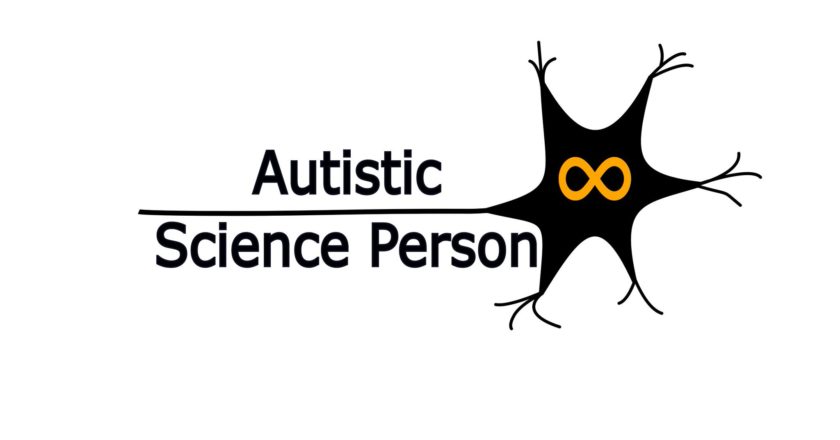
I can’t overstate this enough: the most important part of graduate school is finding nice people, having a kind, supportive mentor, and having peers who support each other.

Transitioning to any sort of new school is like taking notes in class – messy. It also feels like everyone else is walking around with a navigation system while you’re just fumbling about. Sometimes though, other people let you know that they don’t have a GPS either!
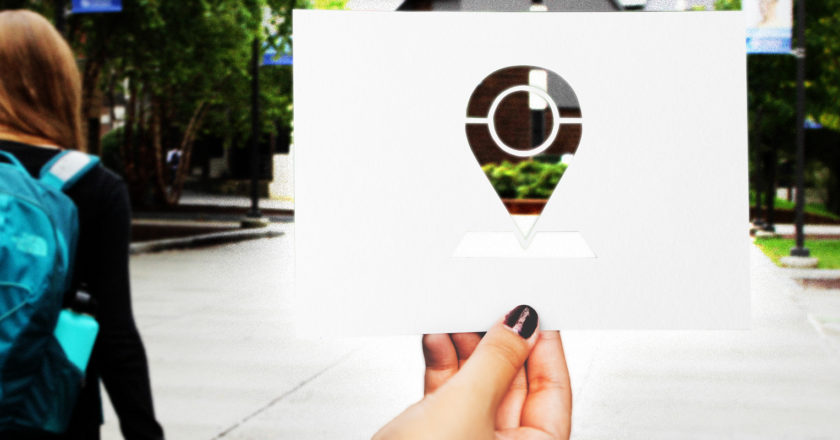
Talk with your professors about your potential needs, whether that means a quiet testing environment, extended time on projects, or organizational assistance.
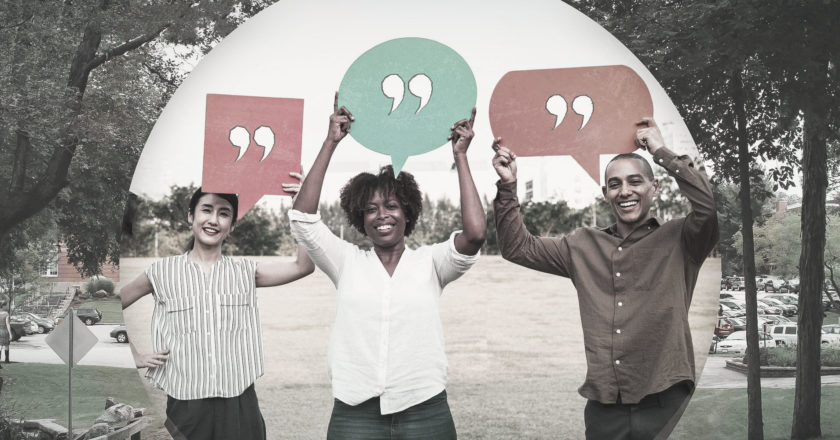
Always be respectful and professional when corresponding with a professor or course instructor. Using “Dear” to begin emails, using the professor’s last name (i.e. Professor Brown), and signing off with a “Thank you,” or “Sincerely” goes a long way!
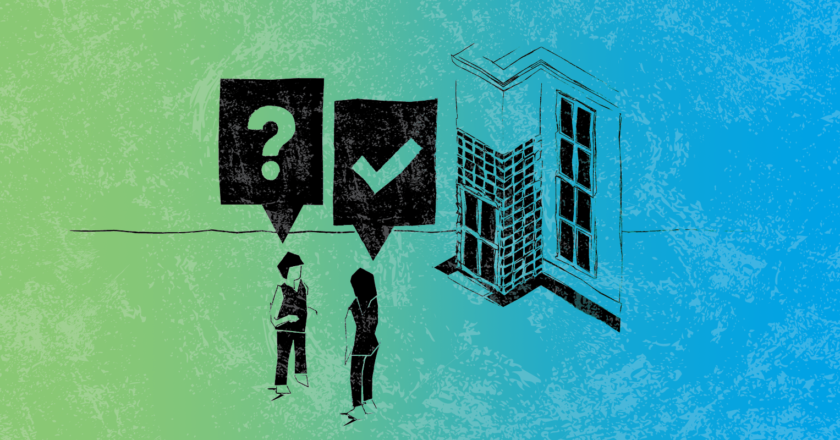
Answer questions about the syllabus. Use unambiguous language. Julia Leverone shares simple supports that autistic students can ask their professors for.

Dr. Julia Leverone demystifies the process of talking to college professors for autistic students and explains why it can be helpful to approach them.

Even if you know you want to disclose your autism to a professor and know what you want to say, this template can help ensure you communicate confidently
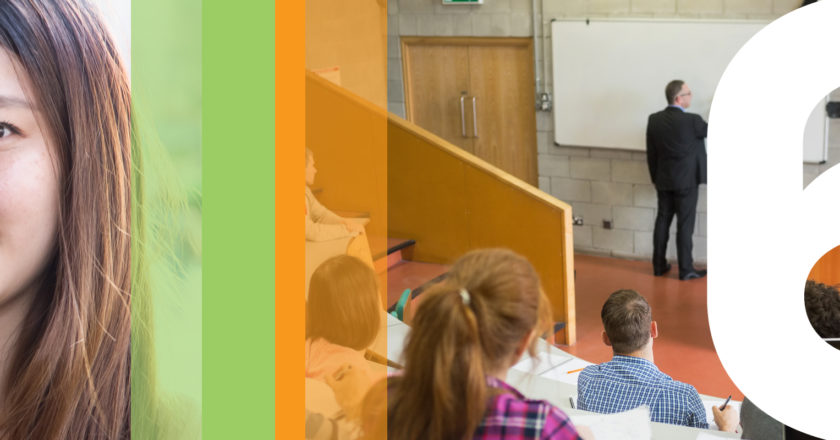
Meeting with the Disabilities Services Office during your first week of college classes is just one important step for autistic students.

Unsure what providing accommodations to autistic students means in practical terms? Accommodations can be easy to implement and bring positive results.